5.8 vertical centrifugal pump vs horizontal centrifugal pump in brief
Article Contents
vertical centrifugal pump vs horizontal centrifugal pump
Centrifugal pumps are widely used in various industries for their ability to transport fluids over long distances. They are classified based on their orientation, with the two most common being vertical and horizontal centrifugal pumps. While both types of pumps are designed to transfer fluids, they differ in their construction, application, and maintenance.

vertical centrifugal pump
Vertical centrifugal pumps have a vertical orientation, with the motor mounted on top of the pump. The impeller is located at the bottom of the pump, and the fluid enters the pump through the inlet at the top. Vertical centrifugal pumps are often used for applications that require a high flow rate, low head, and a small footprint. They are commonly used in water treatment plants, power generation, and in various industrial applications.
Horizontal centrifugal pump
Horizontal centrifugal pumps have a horizontal orientation, with the motor located beside the pump. The impeller is located at the end of the pump shaft, and the fluid enters the pump through the inlet on the side. Horizontal centrifugal pumps are typically used for applications that require a high head and low flow rate. They are commonly used in chemical processing, oil and gas, and in various other industrial applications.

Advantages of vertical centrifugal pump
One advantage of vertical centrifugal pumps is their compact design, which makes them ideal for applications where space is limited. They also have a smaller footprint than horizontal centrifugal pumps, which allows for more efficient use of available space. Vertical centrifugal pumps are also easier to install and require less maintenance compared to horizontal centrifugal pumps.

Advantages of horizontal centrifugal pump
On the other hand, horizontal centrifugal pumps are more efficient in transferring fluids over long distances and are better suited for applications that require a high head. They also require less floor space compared to vertical centrifugal pumps, making them more suitable for applications where space is not a concern.
When choosing between a vertical and horizontal centrifugal pump, it is important to consider the specific application requirements. Factors such as the flow rate, head, fluid properties, and available space should all be taken into consideration. It is also important to consider the maintenance requirements and the cost of installation and operation.
centrifugal pumps
| Features | Vertical Centrifugal Pump | Horizontal Centrifugal Pump |
|---|---|---|
| Orientation | Vertical | Horizontal |
| Motor Location | Top | Beside |
| Impeller Location | Bottom | End of pump shaft |
| Inlet Location | Top | Side |
| Footprint | Small | Large |
| Flow Rate | High | Low |
| Head | Low | High |
| Applications | Water treatment, power generation, industrial | Chemical processing, oil and gas, industrial |
| Installation | Easy | More complex |
| Maintenance | Less required | More required |
| Cost | Lower | Higher |
This table compares the main features of vertical and horizontal centrifugal pumps, including their orientation, motor and impeller locations, inlet location, footprint, flow rate, head, applications, installation, maintenance, and cost. By comparing these features, it is possible to determine which type of centrifugal pump is best suited for a particular application.
QNA on centrifugal pump vertical and horizontal
What is the main difference between vertical and horizontal centrifugal pumps?
The main difference is their orientation, with vertical pumps having a vertical orientation and horizontal pumps having a horizontal orientation.
Which type of pump is better for applications that require a high flow rate?
Vertical centrifugal pumps are better suited for applications that require a high flow rate.
Which type of pump is better for applications that require a high head?
Horizontal centrifugal pumps are more efficient in transferring fluids over long distances and are better suited for applications that require a high head.
Which type of pump has a smaller footprint?
Vertical centrifugal pumps have a smaller footprint compared to horizontal centrifugal pumps.
Which type of pump is commonly used in water treatment plants?
Vertical centrifugal pumps are commonly used in water treatment plants.
Which type of pump is better suited for chemical processing applications?
Horizontal centrifugal pumps are better suited for chemical processing applications.
Which type of pump is easier to install?
Vertical centrifugal pumps are easier to install compared to horizontal centrifugal pumps.
Which type of pump requires less maintenance?
Vertical centrifugal pumps require less maintenance compared to horizontal centrifugal pumps.
Which type of pump is more expensive?
Horizontal centrifugal pumps are generally more expensive compared to vertical centrifugal pumps.
Which type of pump should be chosen for an application that requires a high flow rate and a small footprint?
A vertical centrifugal pump would be a better choice for an application that requires a high flow rate and a small footprint.
conclusion
Both vertical and horizontal centrifugal pumps have their advantages and disadvantages, and the choice between the two will depend on the specific application requirements. Vertical centrifugal pumps are better suited for applications that require a high flow rate and a small footprint, while horizontal centrifugal pumps are more efficient in transferring fluids over long distances and are better suited for applications that require a high head. Ultimately, the choice between the two will depend on the specific application requirements, available space, and budget.
Read Also,
affinity law for centrifugal pump





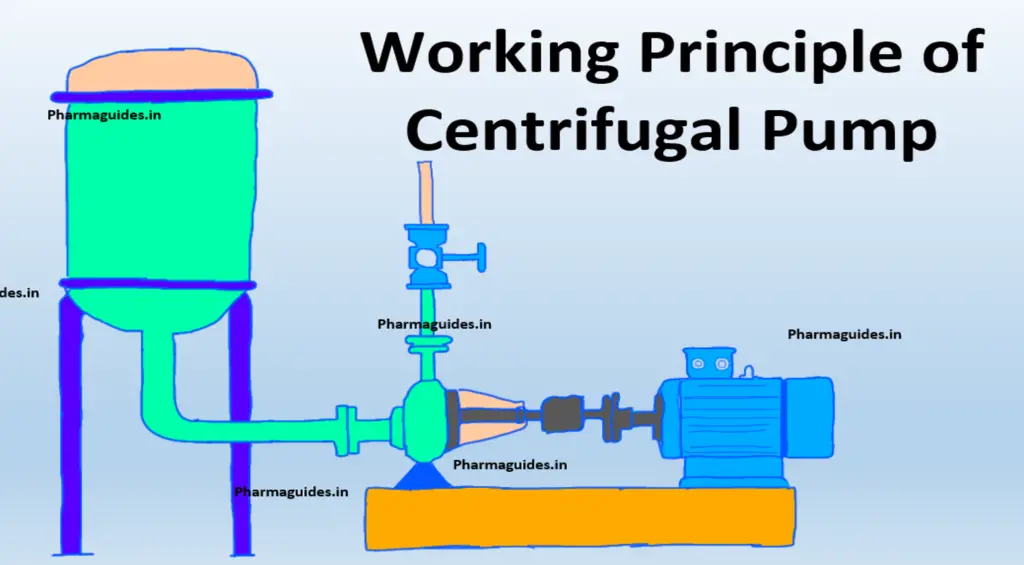
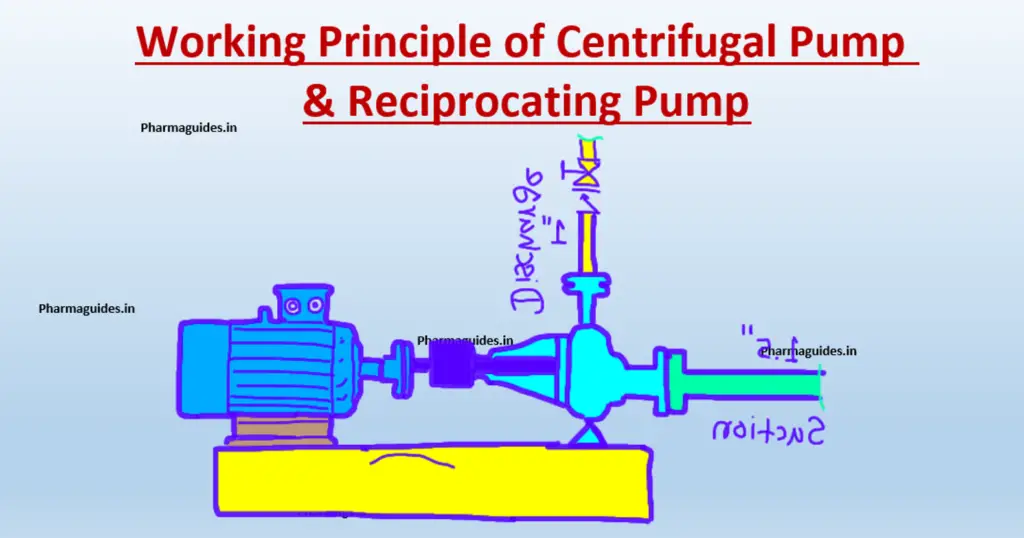
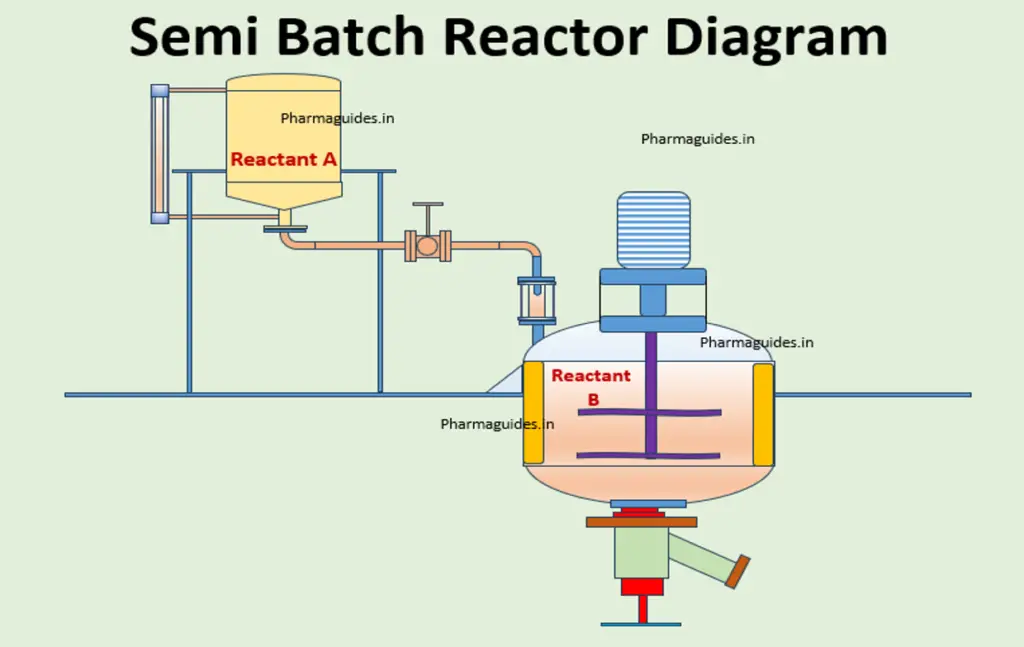
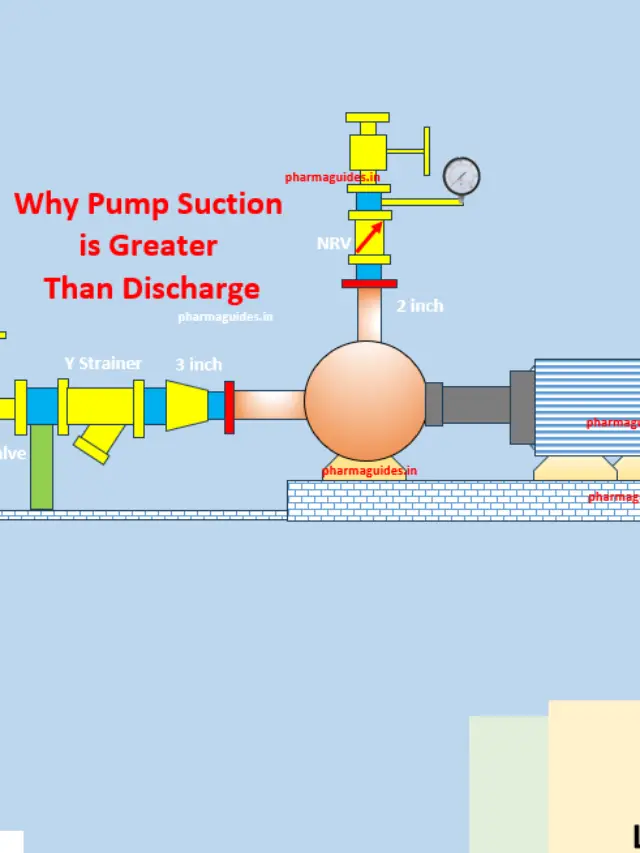
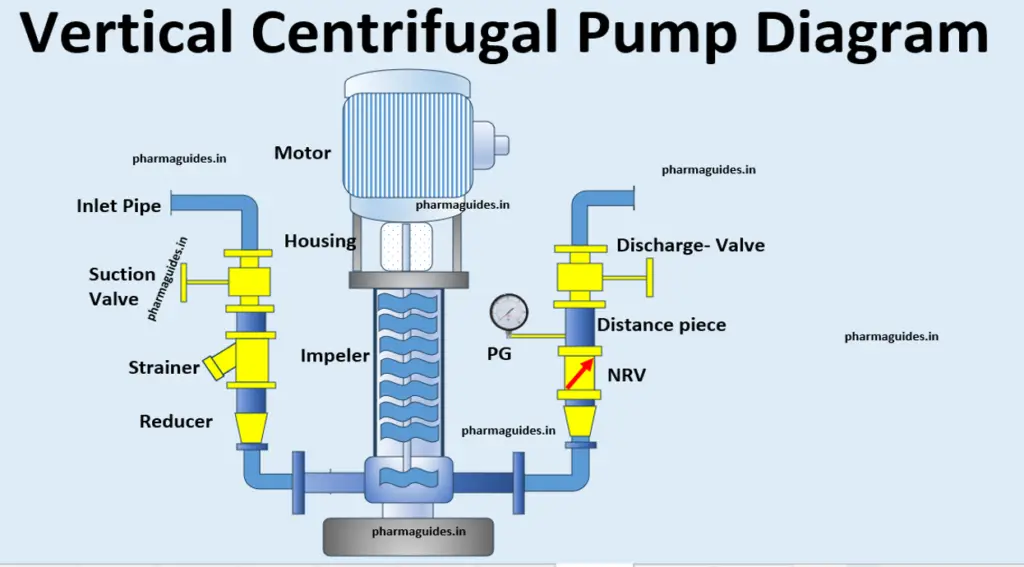
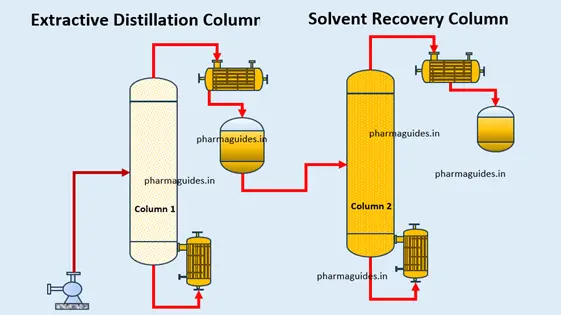
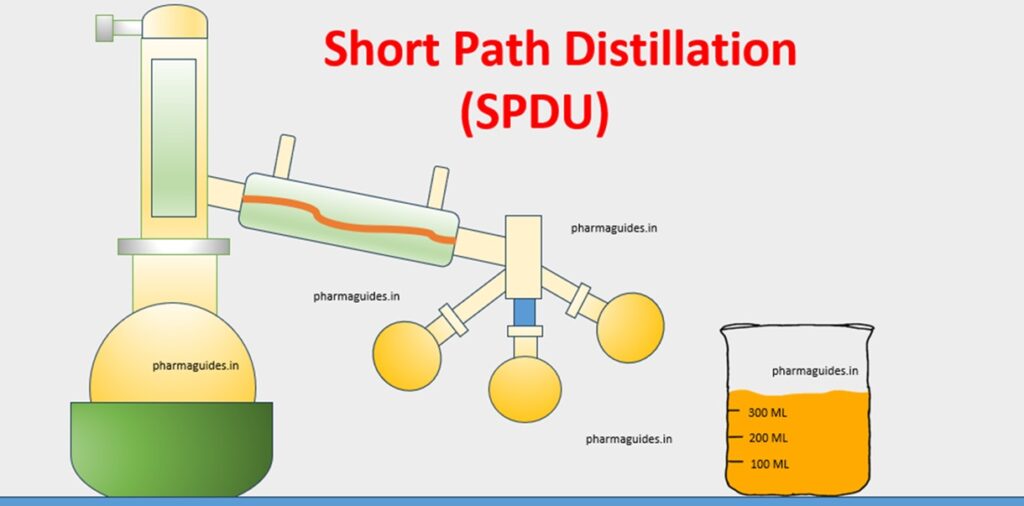

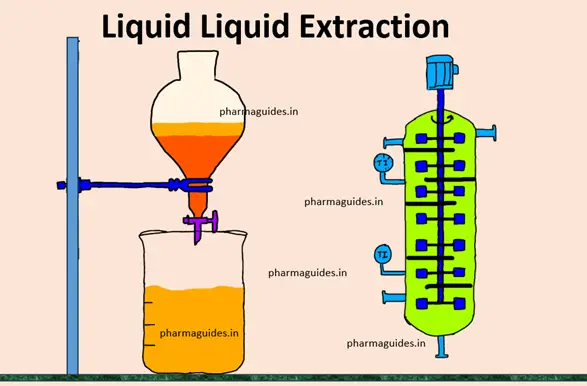
2 COMMENTS
Comments are closed.